‘We Can’t Breathe’: Renewed Hardship As Inflation Chokes Nigerians
As prices of food and goods continue to skyrocket, businesses fold up and more people become jobless. Some traders and businessmen in Lagos, Nigeria’s commercial nerve centre, shared their experiences with HumAngle.
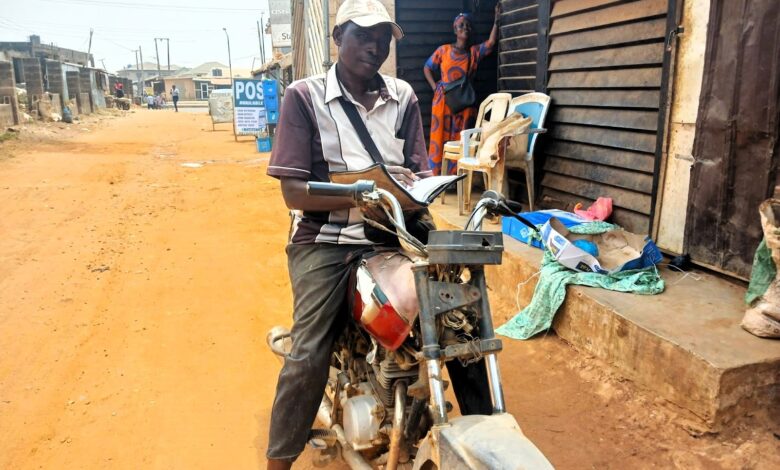
On Feb. 5, residents of Minna, the capital of Niger State in North Central Nigeria, took to the streets to protest over the rising cost of living occasioned by fuel subsidy removal and the devaluation of the naira. The youth who blocked Minna-Bida Road at the popular Kpakungu Roundabout to express their grievances said as life is increasingly becoming difficult, their earnings are reducing on a daily basis.
A similar protest was held in the Kano metropolis, where protesters said they could no longer pay their children’s school fees.
“What our leaders are doing to us is unfair and we have been pushed to the wall. Life is so difficult. Our children can no longer go to school due to hunger and our inability to pay their fees. Prices of food keep increasing on a daily basis,” Abba Mai Baki, one of the protesters, told journalists on Monday.
From Kasali Ogundele, a taxi driver who had to stop work in Ibadan as a result of fuel hike and low patronage, to Akeem Adewale, a cement store secretary who resigned in Lagos because he could no longer afford to transport himself to work, HumAngle has reported how Nigerians who live on tiny margins between their income and needs are struggling to survive.
While the slogan “let the poor breathe” became popular during the campaign of Bola Tinubu last year, many are now saying breathing has become more difficult under the current administration. Quite literally, there has been an alarming increase in the price of inhalers.
HumAngle asked some people working in Lagos, Nigeria’s commercial hub, about the current economic challenges. Here is what they said.
Abigeal Adejumo, fish seller
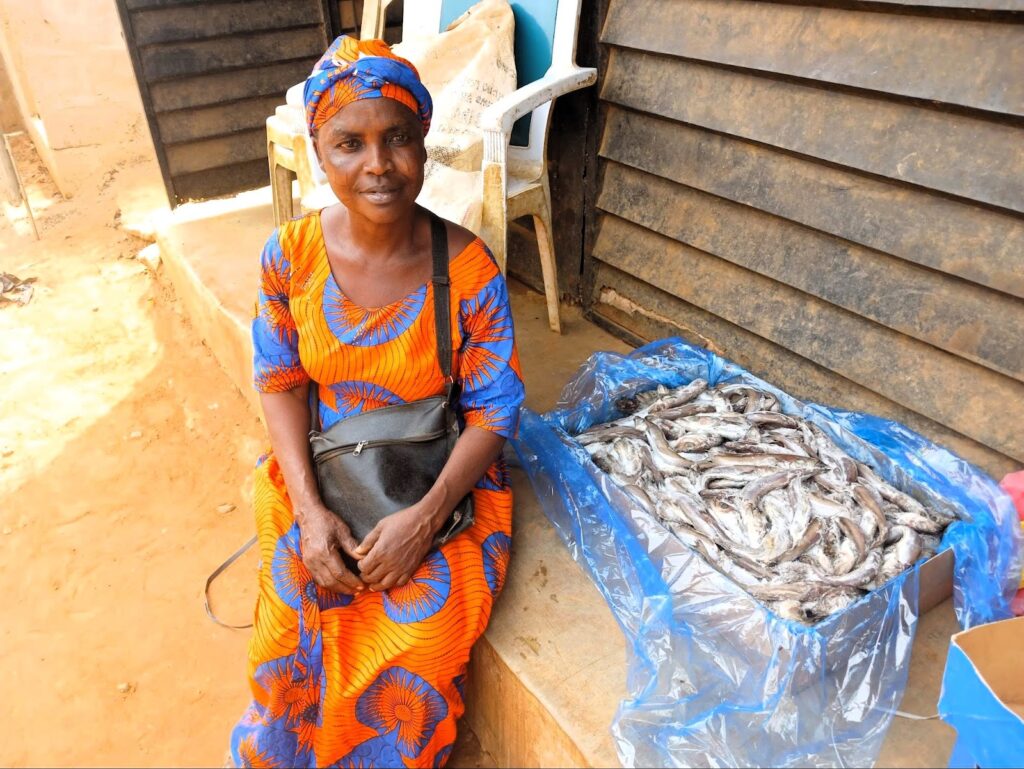
“I started my fish-selling business around 1995, and there has never been a time I faced hardship in the business like I am currently experiencing. Before the emergence of President Bola Tinubu, a carton of the fish beside me was sold for ₦11,800 or a maximum of ₦12,000 ($9). Today, I bought the carton beside me for ₦22,000. It is only the grace of God that is making me sustain the business. Before now, I usually bought about five cartons daily, but I can no longer afford that. There are even days I look for friends who will share a carton with me. With the current situation, I will definitely join any group that calls for protest.”
Taofeek Adeyemi, ex-commercial motorcyclist
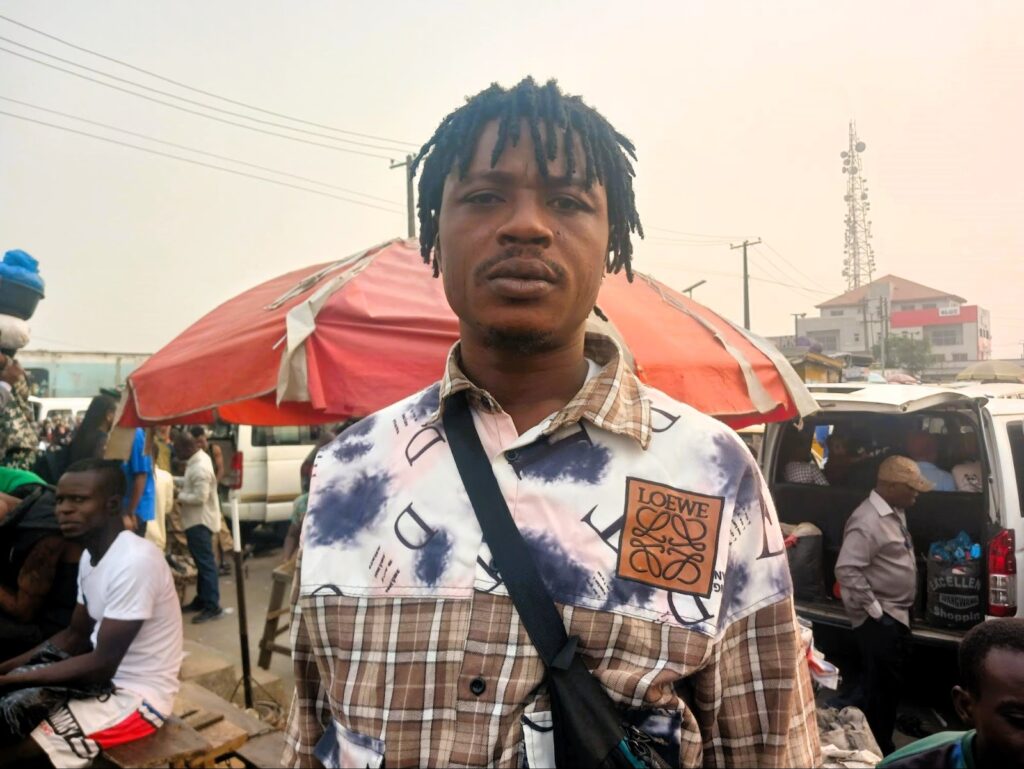
“I used to work as a commercial motorcyclist before the Lagos State Government banned the use of Okada on highways. Since then, things have been very difficult for me. I survive on the stipends I get on the street. I used to buy a rubber of garri for ₦350 or ₦400. But now I cannot buy the same measure if I don’t have over ₦2,000. I use the amount that ordinarily should be for a rubber (4 kg) of rice for one derica (less than one kg). My children’s school fees go up every term, and I have three children. I could not afford Christmas clothes for my children during the last festive period, let alone buy for myself. There is no food, no electricity. We were the ones who advocated for the rotation of power to the South, and here we are suffering since the president was sworn in about a year ago. The other ethnic groups are now making jest of us. We need a rapid solution because I don’t want my children to end up on the street like me.”
Iya Wasiu, soft drink hawker
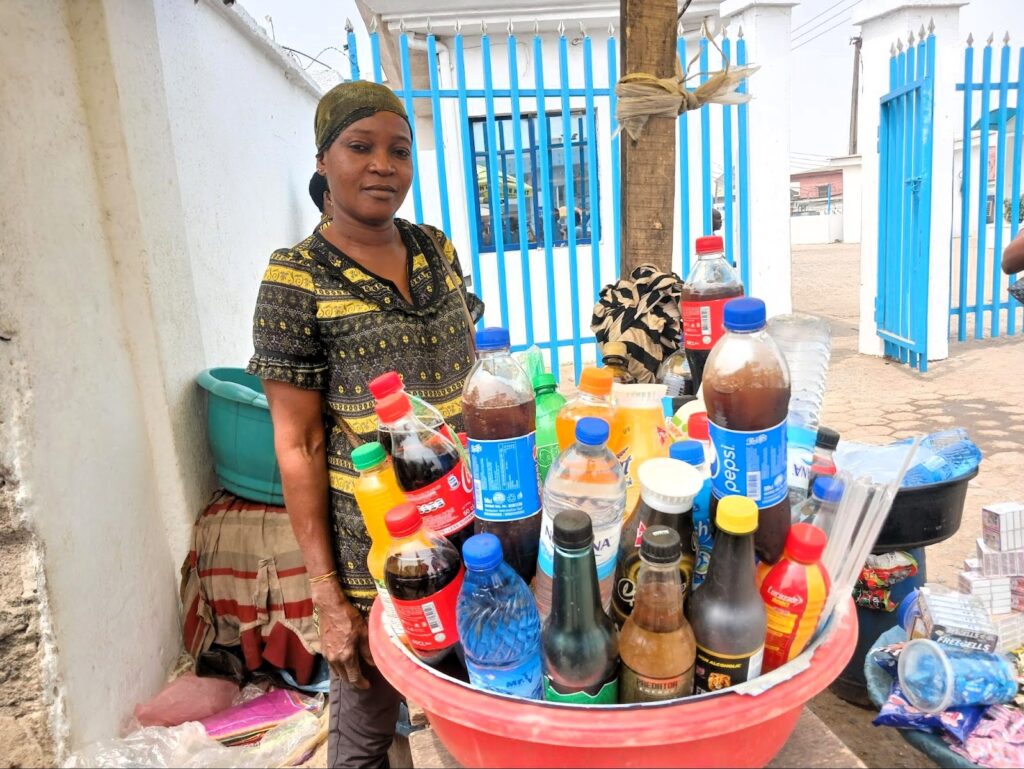
“Things have become extremely difficult for me and my family. I have been in this business for the last 10 years, and things have never been this difficult. Our goods are increasing every day, and people who cannot afford food for their children at home would definitely find it difficult to buy soft drinks. So, we are not making profits as we used to before the new administration. As of this time last year, I was making a minimum of ₦50,000 daily, but I hardly make ₦30,000 now. I have forced my children to reduce their meal intake, as we now eat just twice a day. We only have breakfast and dinner. We are praying God rescues us from this economic situation we find ourselves in.”
Tony Ajayi, thrift collector
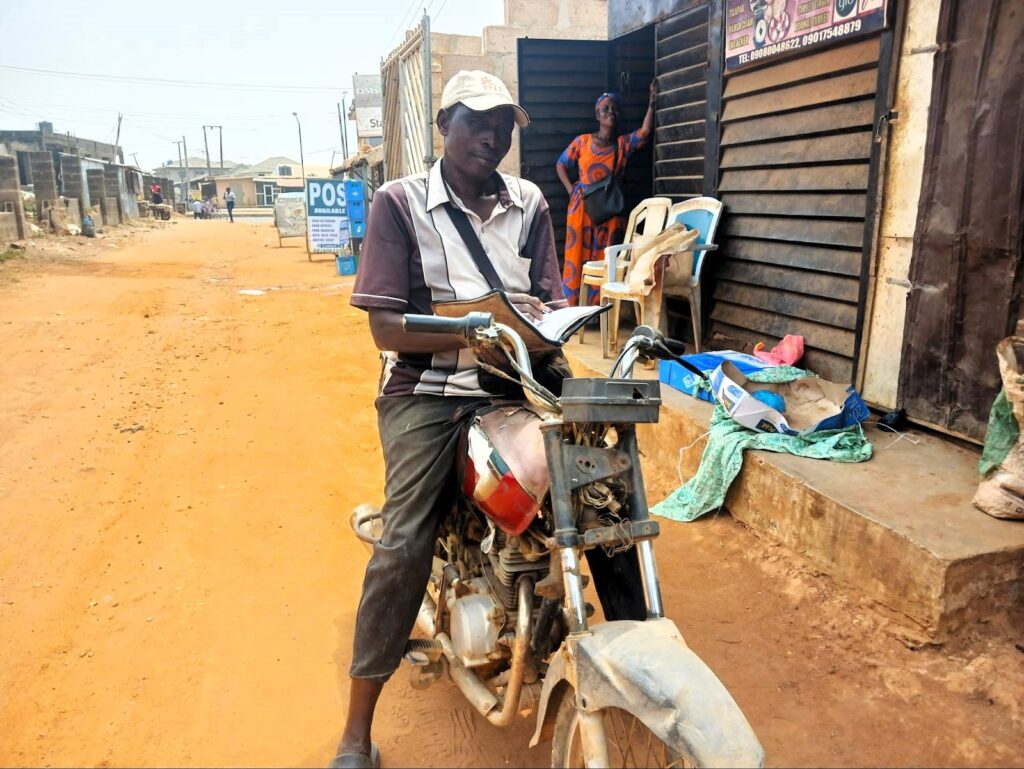
“I have been into daily contributions for nearly 10 years now, but I thank God because if I think about what I have experienced in the last few months on a daily basis, I may end up depressed. My customers have reduced drastically. I used to have about 700 customers last year. Today, my customers are not even up to 200. I no longer go out for five days a week but reduced it to three days because of the fuel hike. Many people are affected, and it is affecting my income.”
Ruth Gideon, pepper seller

“I have been in the business of selling pepper for the past 30 years and things have never been this bad. The goods you are seeing before me were bought for over ₦70,000. Meanwhile, I could easily get these things for a little above ₦20,000. A carton of noodles that used to be sold for ₦1,300 is now ₦4,800. I have been standing here for nearly two hours because I cannot afford the transportation fare. The conductors are asking for ₦1,000 because of my load, and all I have left with me is ₦800. I can’t even afford to buy sachet water to drink due to the shortage we now incur, all in the name of sustaining the business.”
Taofeek Olaonipekun, ex-commercial motorcyclist
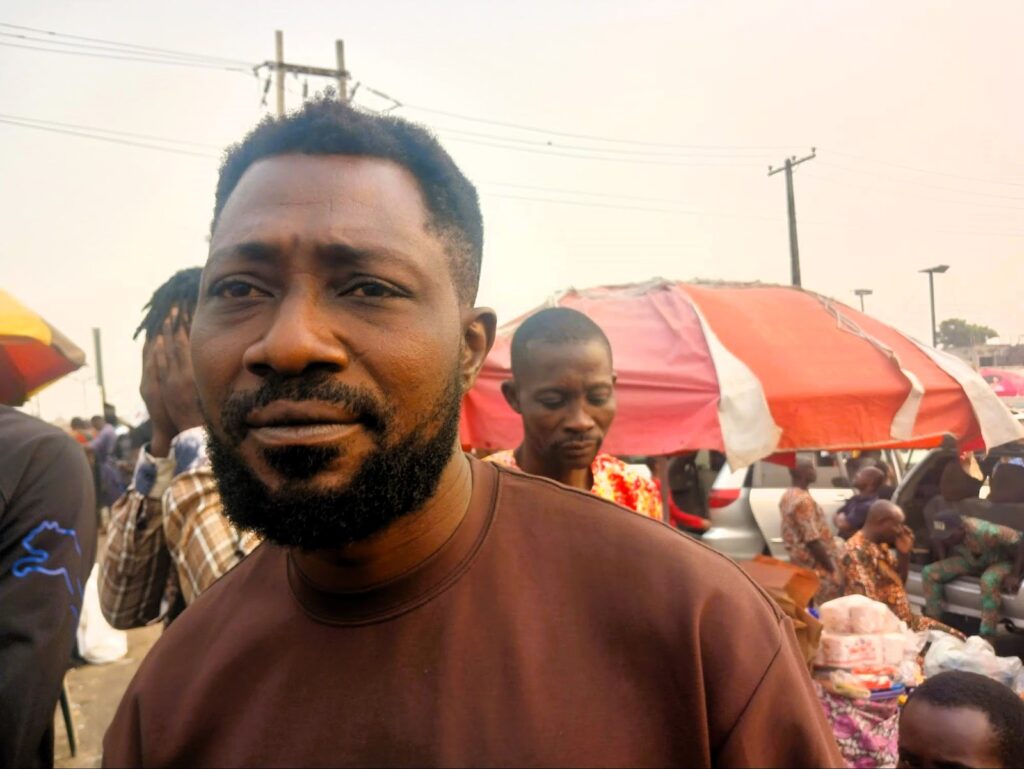
“This country has become a weapon against the majority of us, particularly former Okada riders. Imagine, the bread I used to buy for ₦100 is now ₦300. The one I used to buy for my family for ₦500 is now being sold for ₦1,500. My children have been sent out of school because I could not pay their fees. We are begging President Bola Tinubu to assist us. We are hungry and angry.”
Godwin Ogbonaya, foodstuff vendor
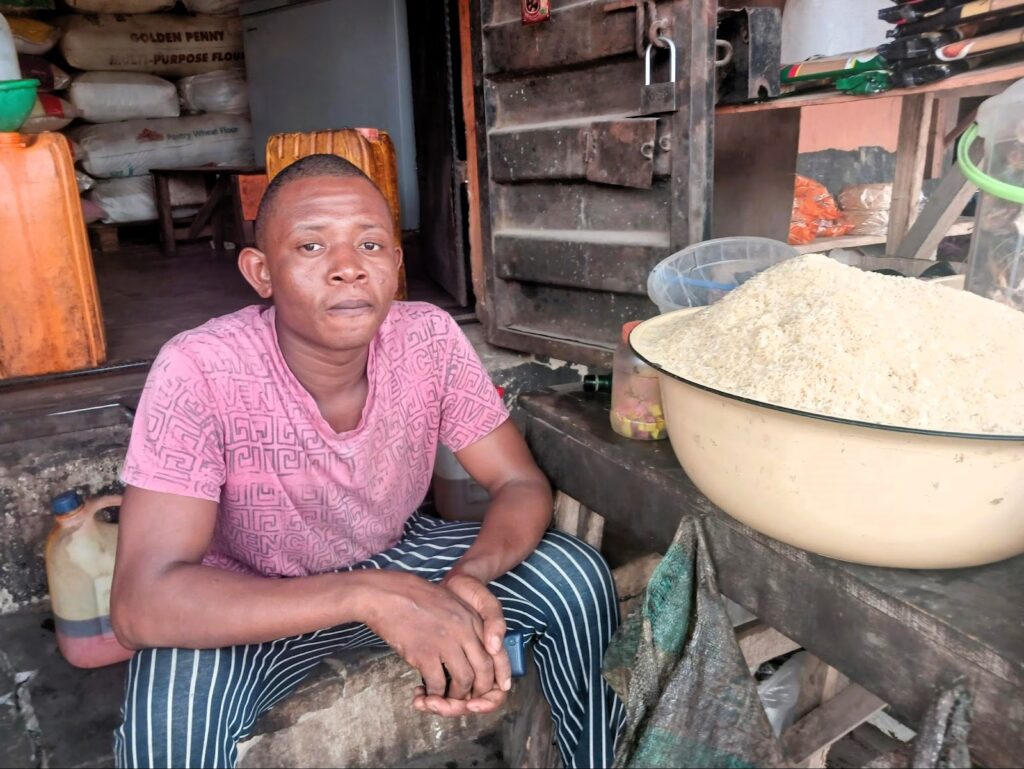
“I can’t talk about Nigeria’s problems because everything becomes more expensive every day. Something you bought for ₦5,000 today, you might not find it cheaper than ₦10,000 the next day. Everywhere is just dry. If my customers come to meet me and I tell them things have become pricier, they just leave with their money and it really affects my business. Previously, we bought a bag of rice for about ₦30,000, but it was ₦68,000 when I checked last month. I doubt the situation will improve, but let’s just keep observing. My profits have reduced significantly.”
Muhammed Aliyu, pepper seller
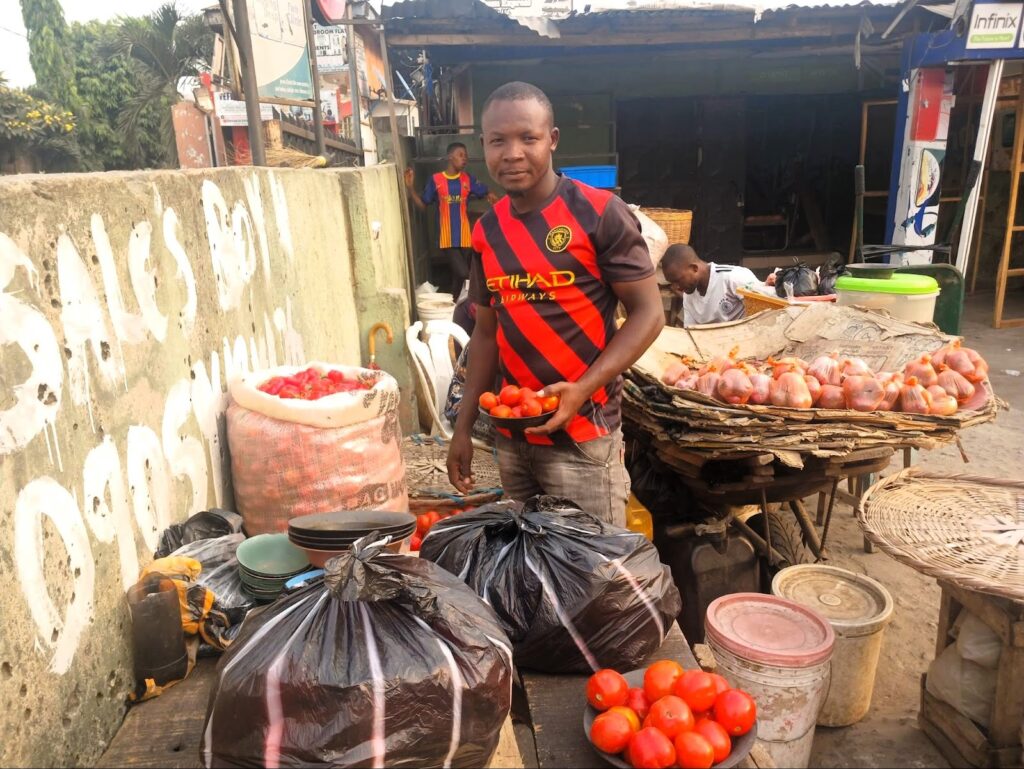
“One bag of pepper before was around ₦25, 000 but it is now ₦65,000. People are complaining all the time. One basket of tomatoes was not priced at over ₦13,000 before but it is now ₦35,000. We are just managing and scraping through life. I doubt things will improve, but I just believe in God.”
Support Our Journalism
There are millions of ordinary people affected by conflict in Africa whose stories are missing in the mainstream media. HumAngle is determined to tell those challenging and under-reported stories, hoping that the people impacted by these conflicts will find the safety and security they deserve.
To ensure that we continue to provide public service coverage, we have a small favour to ask you. We want you to be part of our journalistic endeavour by contributing a token to us.
Your donation will further promote a robust, free, and independent media.
Donate HereStay Closer To The Stories That Matter




